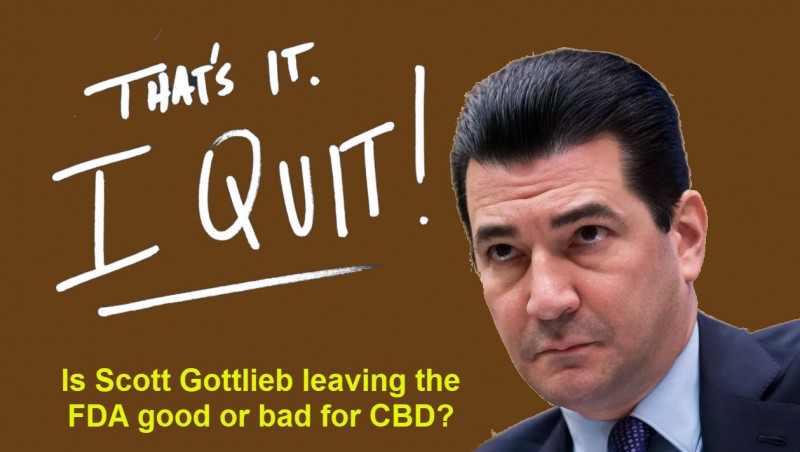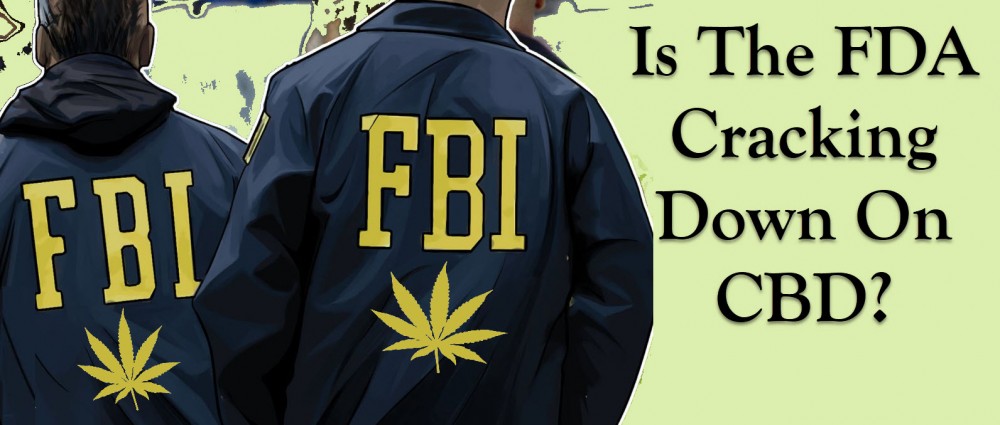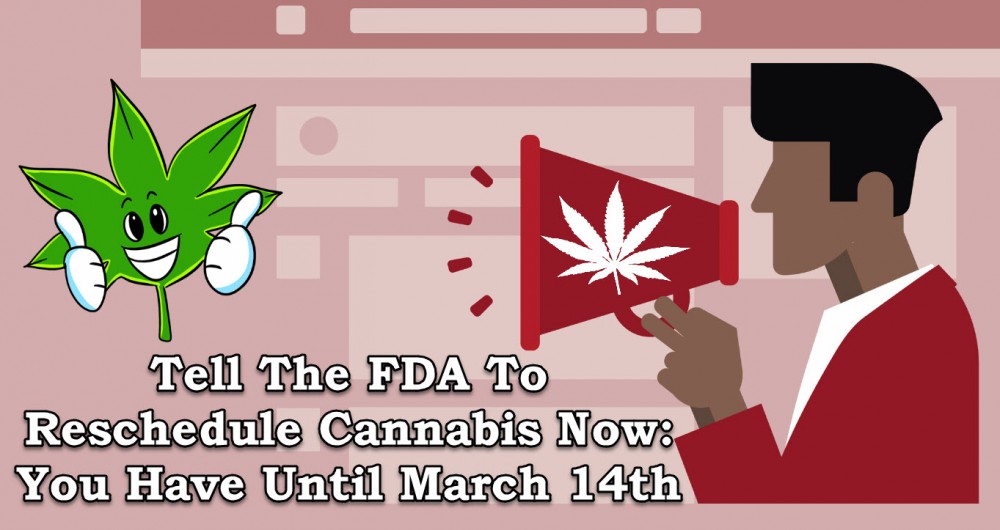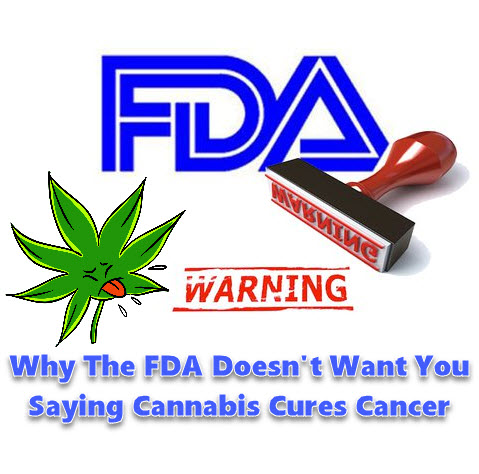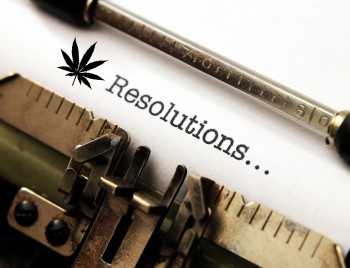FDA Commissioner Gottlieb Has Resigned – What’s Going To Happen To The Status Of CBD Now?
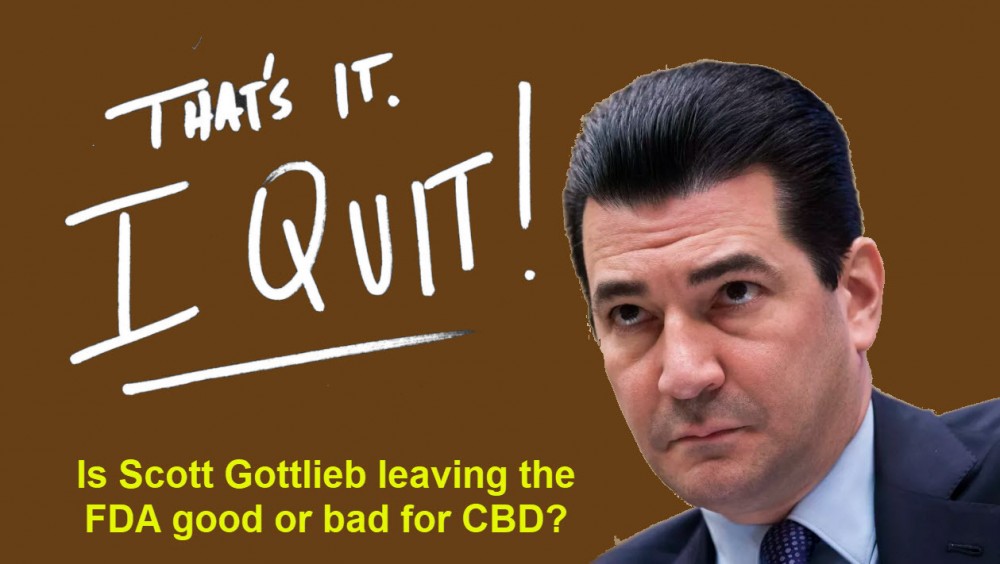
When the Farm Bill was legalized in December 2018, we all thought that it meant that hemp, including hemp-derived CBD, would finally be legal. After all, hemp only contains under .3% THC, the compound of cannabis that is responsible for psychoactive effects. It’s a completely different ballgame when we talk about legalizing hemp and legalizing cannabis; the latter which is known to have as much as 20% THC or even higher.
We’re already well into March 2019 and the FDA still hasn’t finalized the federal regulations surrounding CBD.
In fact, the FDA themselves don’t believe that CBD should be regulated. The problem is that the international drug treaties do which means that the United States must treat CBD as a controlled substance.
“CBD has negligible potential for abuse,” said US Health and Human Services Department assistant secretary Dr. Brett Giroir, last year. He explains that CBD does not meet the requirements of even the least restrictive level of controlled substances is (Schedule 5). Once those treaties have been changed accordingly, then “the above recommendation… would need to be revised promptly.”
It was the work of Senate Majority Leader Mitch McConnell and many other lawmakers who helped legalize the 2018 Farm Bill. But after the law’s passing, it still left CBD in a gray area and the FDA even went as far as cracking down on CBD products in various states. It’s only natural to ask for an explanation as to --- to put it simply.. what the F*K is going on??
“In light of the aforementioned state enforcement actions and the resulting confusion, we are calling on FDA to swiftly provide guidance on lawful pathways for food products with CBD,” writes Rep. Chellie Pingree together with 11 other lawmakers last month, in a statement to FDA Commissioner Scott Gottlieb.
But Gottlieb has just resigned.
This is going to do nothing else but delay the legalization of CBD and other cannabis-related issues even more. Just on Tuesday, Gottlieb sent his resignation letter to Alex Azar, Health and Human Services Secretary, citing his desire to spend more time with family as the reason behind his resignation. Gottlieb has met nothing but success in dealing with the healthcare industry, where some of his most notable contributions included a crackdown on underage vaping across the country and hastening the approval of generic drugs, among others. He’s held in high regard, no doubt; NPR has even described him as “widely viewed as an effective advocate of public health.”
Prior to his resignation, Gottlieb said that he planned for the agency to hold a public hearing, “in the near future”, to gather feedback from stakeholders regarding their use of CBD products as well as hear out any safety concerns. “We’ll use this meeting to gather additional input relevant to the lawful pathways by which products containing cannabis or cannabis-derived compounds can be marketed, and how we can make these legal pathways more predictable and efficient,” he said in a statement.
“We’ll also solicit input relevant to our regulatory strategy related to existing products, while we continue to evaluate and take action against products that are being unlawfully marketed and create risks for consumers.”
Nothing but uncertainty lies ahead until Gottlieb is replaced. When the Farm Bill was signed by US President Donald Trump in December, the FDA had to carry the burden of regulating the growing hemp-derived CBD market. “The increasing public interest in these products makes it even more important with the passage of this law for the FDA to clarify its regulatory authority,” explained Gottlieb in December. “We treat products containing cannabis or cannabis-derived compounds as we do any other FDA-regulated products, meaning they’re subject to the same authorities and requirements.”
For now, there is no choice but for CBD businesses to follow the FDA’s current definition of it: “Cannabis and cannabis-derived products claiming in their marketing and promotional materials that they’re intended for use in the diagnosis, cure, mitigation, treatment, or prevention of diseases (such as cancer, Alzheimer’s disease, psychiatric disorders and diabetes) are considered new drugs or new animal drugs and must go through the FDA drug approval process for human or animal use before they are marketed in the US.”
OTHER STORIES YOU MAY ENJOY...
WHY IS THE FDA CRACKING DOWN ON CBD NOW, CLICK HERE.
OR..
TELL THE FDA YOUR OPINION ON CANNABIS HERE, CLICK HERE.
